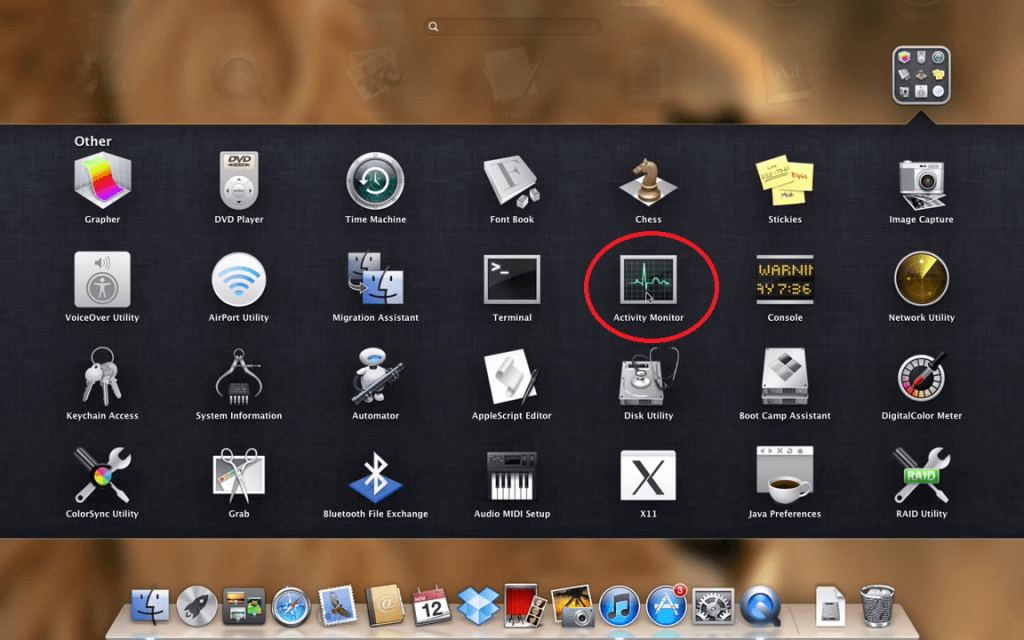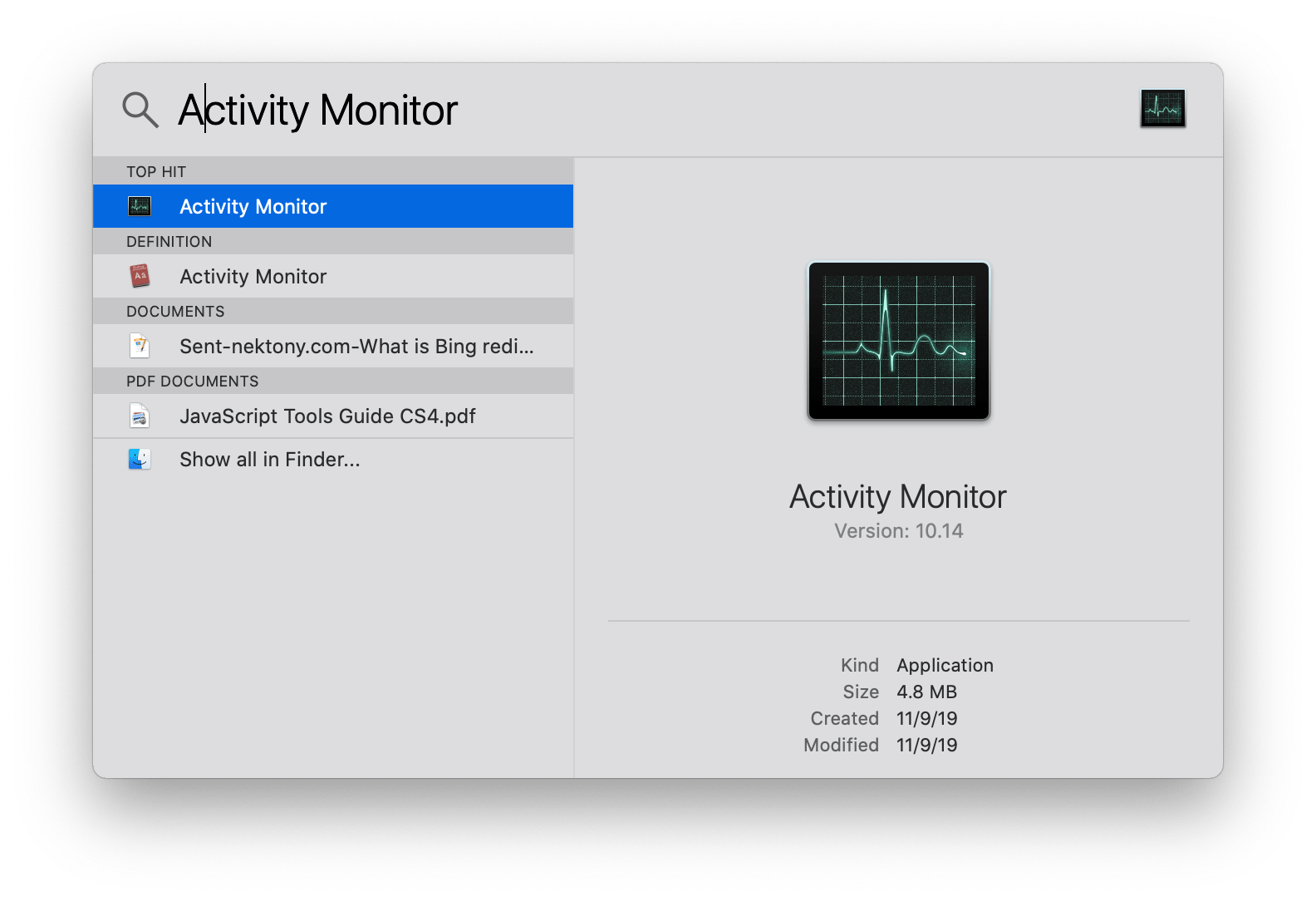

- #Open task manager on mac windows 10#
- #Open task manager on mac software#
- #Open task manager on mac Pc#
- #Open task manager on mac windows#
But even then, I watched as the utilization ticked up on Windows 11 each time I opened and closed a window. You can get around the issue by opening Task Manager and restarting the Windows Explorer task. That’s an increase of 58% after opening and closing 50 windows on Windows 10, but a massive 425% increase on Windows 11. After closing and waiting 10 minutes, it dropped back down to 95MB.
#Open task manager on mac windows 10#
At idle, File Explorer in Windows 10 took up about 60MB of RAM, and with 50 windows open, it jumped to 307MB. It produced the same results, but not on the same scale. This is the same amount of time it took Windows 11 to reach 420MB of utilization, where it remained around for a couple of hours afterward. I took an idle baseline, opened and closed 50 File Explorer windows, and hung out for 10 minutes. So, I booted up a separate Windows 10 machine - just to make sure it wasn’t a problem with my RAM modules themselves - and ran through the same process. Most, if not all, have been resolved by various updates over the past few years. A search of “Windows 10 memory leak” will produce dozens of reports from the last few years of memory leaks on Windows 10. Yes, Windows 10 has a memory leak problem, too, and it has for years. That was until our esteemed computing editor Luke Larsen pointed something out: Does Windows 10 have the same problem? Wait, Windows 10 has this problem too? That was enough evidence for me, and I started writing up this post. So no, this isn’t a case of releasing memory when another program calls for it. That means it’s memory being used by the task that can’t be shared with another program. After doing the process again, the amount of memory listed in Task Manager showed up in Resource Monitor under the Private tab. I opened up Resource Monitor to double-check. I’ll be the first to say that Task Manager is not the most reliable program for monitoring resource usage.

I tried about a dozen times more, slowly watching as my utilization climb to over 1GB and stay there - all without a single File Explorer window open. I sanity-checked myself by opening and closing one window at a time and monitoring the usage, slowly watching as the utilization climbed in 3MB chunks each time. Even after closing the windows and waiting for a couple of hours, File Explorer was still eating up about 420MB of memory. After closing all of the windows, the utilization dropped, but not anywhere close to what File Explorer was consuming at idle.Īt idle, File Explorer consumed about 80MB of memory, and after opening 50 windows, it jumped to 640MB. I opened up Task Manager to monitor usage and opened just over 50 windows (until File Explorer was at the top of the list for memory utilization).
#Open task manager on mac Pc#
This certainly looks like a memory leak, and it’s been an ongoing problem with preview builds of Windows 11 for a couple of months.įollowing in the footsteps of PCGamer, I installed the latest build of Windows 11 on my gaming PC and started spamming File Explorer windows. In short, each time you open File Explorer and close it, you’ll slowly build a backlog of RAM that’s being used by the program, even while you’re not using it.
#Open task manager on mac software#
Memory leaks are fairly common, showing up everywhere from Google Chrome to AMD’s Catalyst Software at different points.įor Windows 11, the problem is focused on the File Explorer. Essentially, it eats up the RAM it needs while open and fails to return that RAM to the pool once you close it.

What even is a memory leak?Ī memory leak is when a program takes up memory and doesn’t release it once you close the window. Windows 11 could have a memory leak problem, but it looks like Windows 10 does, too. There’s a little more to the story, though. I was able to reproduce the issue several times, always falling around the same utilization mark.

After installing Windows 11 to give the release version a shot, I had to see if the problem was still present. As various Windows Insiders have pointed out, the Windows 11 File Explorer seems to hog memory even after it’s closed, slowly building a reserve of RAM that it’s not using. Windows 11 might have a memory leak problem.


 0 kommentar(er)
0 kommentar(er)
